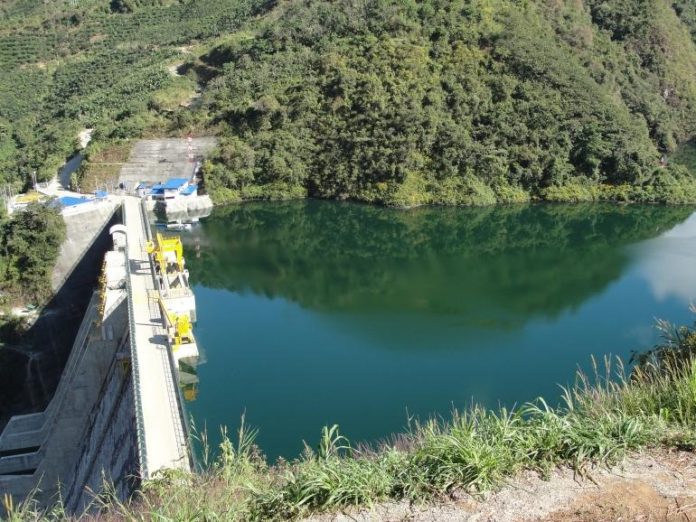
In the first three months of 2015, this Latin American country has met 100 percent of its power demand with renewable energy – there was no need to burn fossil fuels to generate efficient, clean and cheap electricity in Costa Rica this year. According to the state-run power supplier, the Costa Rican Electricity Institute (ICE), heavy rainfalls at four hydroelectric power plants, supported by biomass, wind, solar and geothermal plants, helped the country reach the zero-emission milestone in 2015.
This reliance on renewable energy has prompted the country to lower electricity rates by 12 percent. “With these (rain) conditions and the reserves accumulated to date, the ICE estimates that the downward trend in rates for all consumers will continue in the second quarter,” the power supplier was quoted as saying in the Latin American Herald Tribune. Costa Rica provides a household coverage rate of 99.4 per cent at some of the region’s lowest prices.
According to the World Economic Forum’s 2014 Global Competitiveness Index, Costa Rica, with a total area of about 51,000 square kilometres or half the size of Kentucky, ranks second in Latin American countries with regards to electricity and telecommunications infrastructure. In 2014, Costa Rica, with a population of only 4.8 million people, generated as much as 80 percent of its electricity from its hydropower plants.
The Costa Rican government has approved a $958 million geothermal energy project to tap the country’s rich volcano resources as a power source. The project will consist of three plants, the first of which will generate 55 MW, and the other two that will generate 50 MW apiece. This energy is expected to generate electricity at a cost of around five cents per KW hour, and will help Costa Rica achieve its goal of carbon neutrality by 2021.
There is a reason why Costa Rica can allocate huge funds to environmental issues. The country abolished its military in 1948 allowing it to divert the funds it would have allocated to defence to renewable energy, healthcare, and education.
“We are declaring peace with nature. We feel a strong sense of responsibility about looking after our wealth of biodiversity. Our attitude is not progressive, it is conservative. Our view is that until we know what we have, it is our duty to protect it,” Costa Rican ambassador Mario Fernández Silva had said in 2010.





